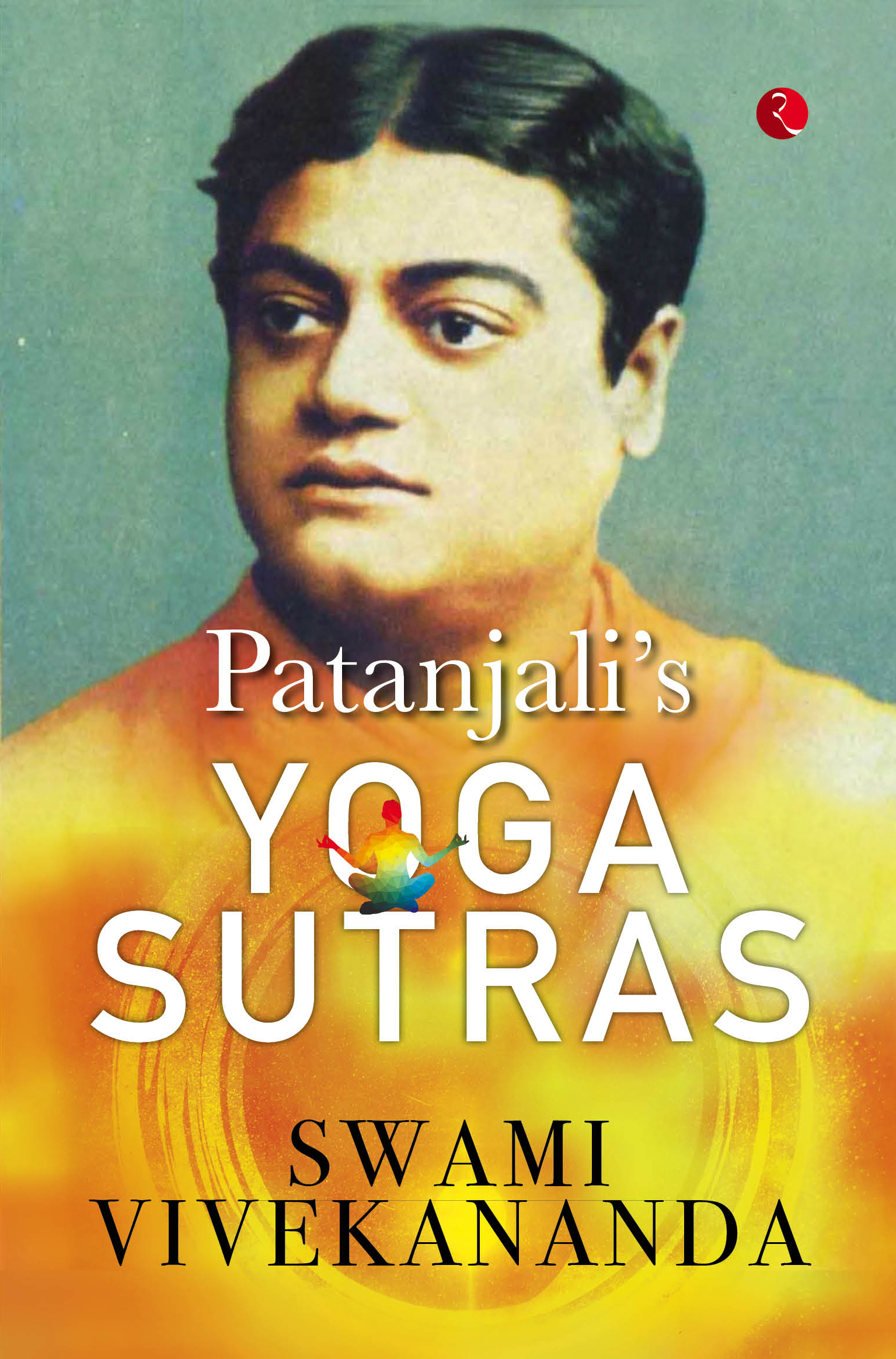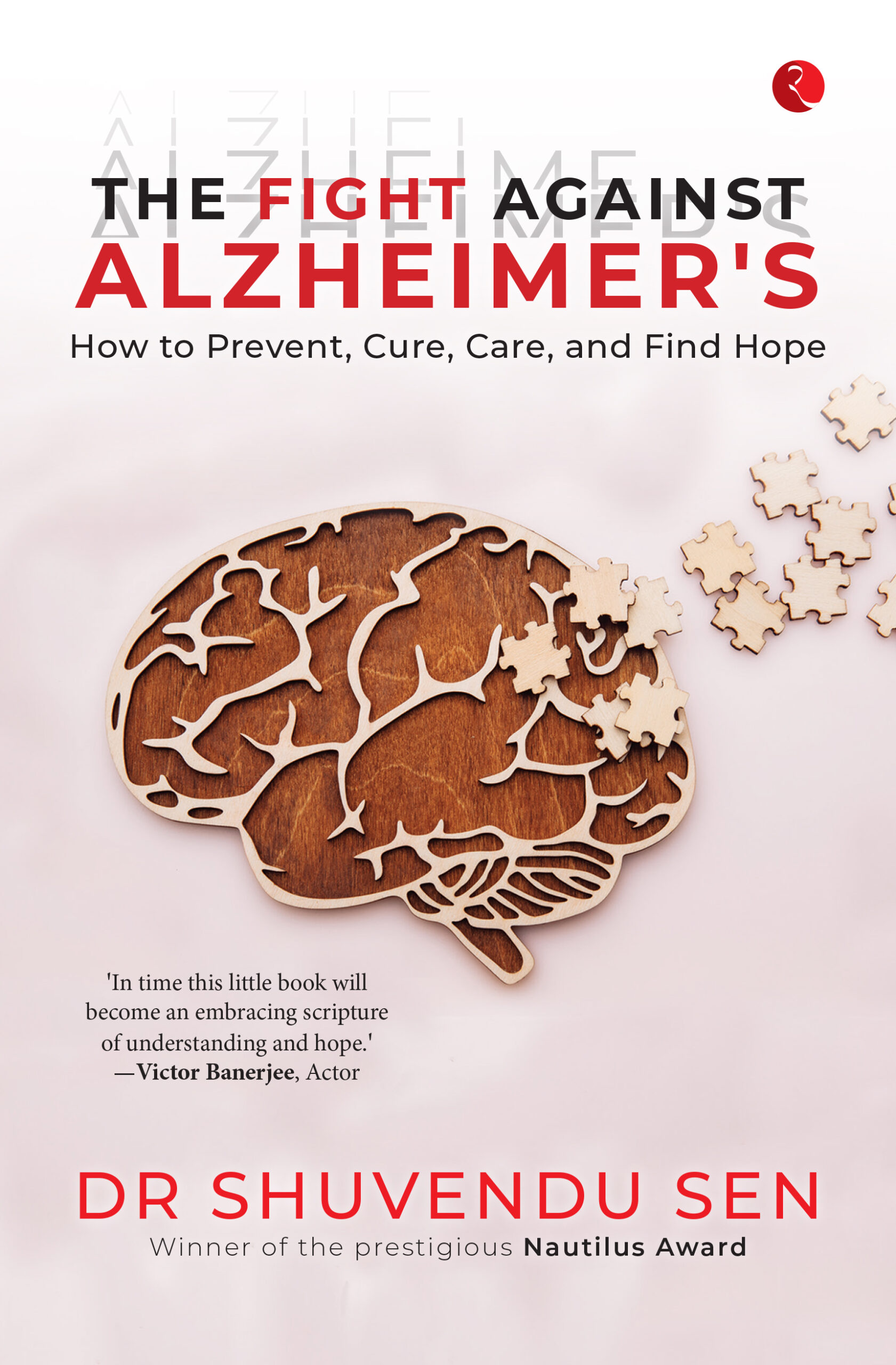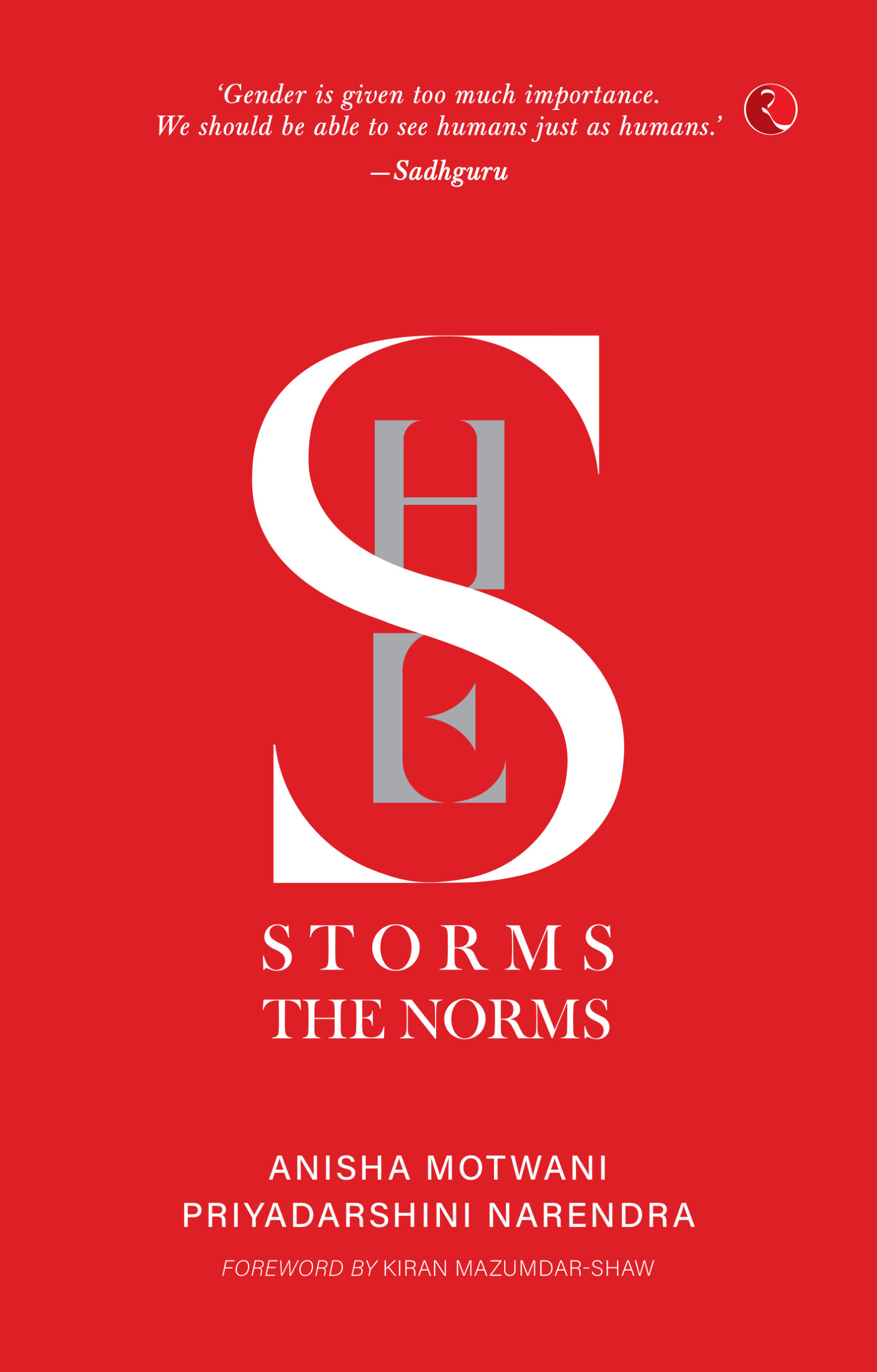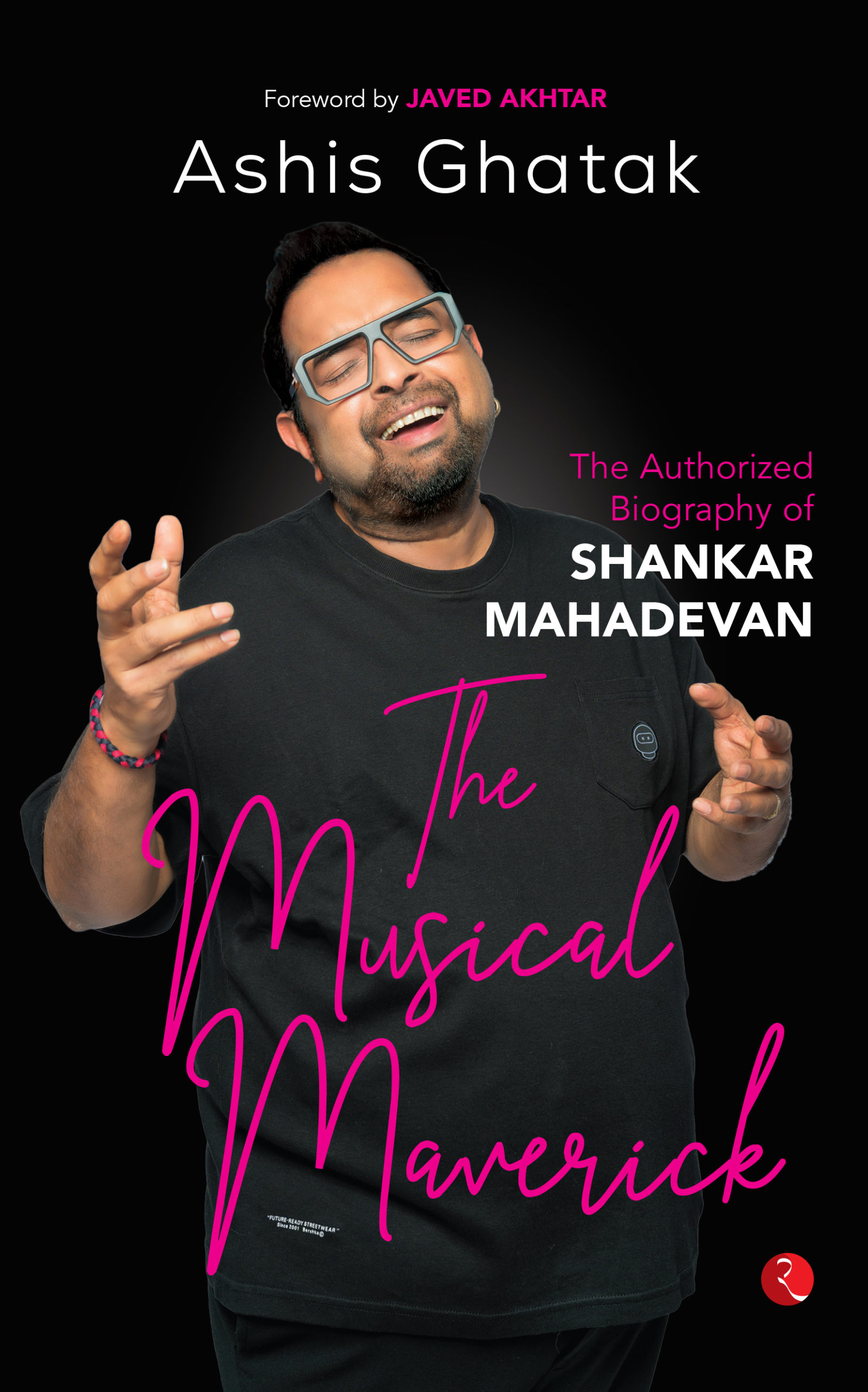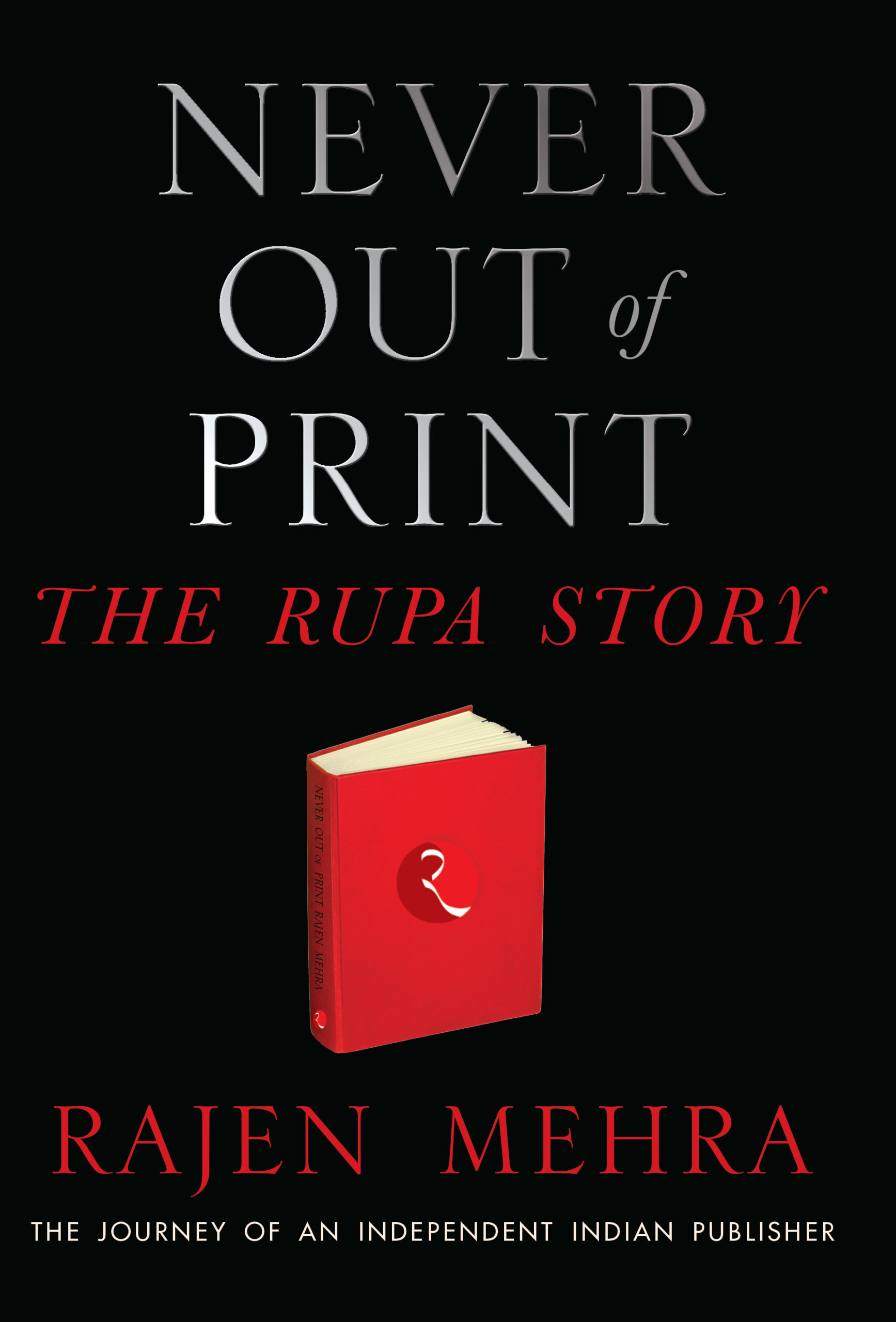ABOUT THIS BOOK
A study manual to learn the practice of Yoga, this book, written almost
4,000 years ago by Patanjali, has been a time-tested classic on the theory
and practice of Yoga. Translated by Swami Vivekananda, this edition of
Patanjali’s Yoga Sutras includes the Sanskrit text and an in-depth commentary
on each sutra. If you are one who is seeking the spiritual path, then this
book, with its timeless wisdom, is perfect for you. The classic sutras cover
yogic teachings on topics like ethics, meditation and physical postures. They
provide the reader with directions on how one can deal with situations in
their everyday life.
This book, by decoding the sutras or the thought-threads, will help in
mastering the mind to achieve physical, mental and emotional harmony.
AUTHOR OF THE BOOK
Patanjali was an ancient Indian guru who lived between second century BCE and
fifth century CE. He was the creator of the Yoga Sutras, a four-volume classification
of yogic thinking, and a prominent researcher of the Sankhya philosophy. According
to scholars, Patanjali’s Yoga Sutrasare a cornerstone of the classical Yoga philosophy.
Swami Vivekananda, born Narendranath Datta on 12 January 1863, in erstwhile
Calcutta, was a Hindu spiritual leader and reformer in India who strove to reconcile
Indian spirituality with western practical advancement, arguing that the two mutually
reinforced and complemented each other. Influenced by western esotericism,
Vivekananda played a pivotal role in introducing the Indian darsanasor teachings,
of Vedanta and Yoga to the western world, and is credited with promoting interfaith
harmony and elevating Hinduism to the status of a major world religion in the
late nineteenth century. He eventually rose to prominence as the most illustrious
disciple of the Hindu mystic, Ramakrishna, demonstrating the inherent unity of
all religions. He was a pioneering figure of modern Hindu reform movements in
colonial India.
